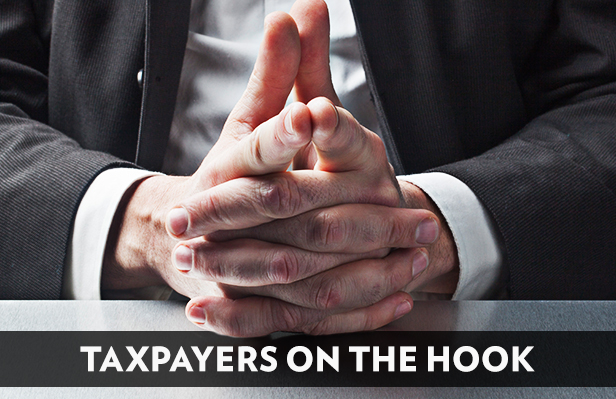Media

Middle Class Loses Under Gov. Wolf’s Budget
The Independent Fiscal Office (IFO) released a sober analysis of Gov. Wolf’s 2016-17 budget proposal. It examines the consequences of eight separate tax increases as well as a minimum wage hike. The 35-page analysis can be summarized in four major points.
1. Higher middle class taxes than New Jersey. The IFO produced hypothetical scenarios for families in 12 states to demonstrate the impact of the governor's 11 percent personal income tax (PIT) hike. A Pennsylvania family making $50,000 will pay higher taxes than the same family living in New Jersey and five neighboring states.
Proponents of a PIT hike emphasize the current rate is one of the lowest in the country. While true, it does not account for the fact that Pennsylvania's rate is among the highest for low-income families, and that the PIT does not exist in seven states.
2. The highest severance tax rate among major gas-producing states. If the governor gets his way, Pennsylvania’s gas industry would pay a 5.6 percent severance tax. The tax would be imposed in addition to the taxes gas companies already pay.
Supporters of a severance tax insist wealthy gas companies need to pay their “fair share.” But this punitive tax will also fall on people who depend on the natural gas industry for their livelihoods. A slew of jobs have already been lost as natural gas prices remain at 20 year lows.
3. The 10th highest state cigarette tax rate in the country. Philadelphia’s tax rate would be 2nd only to New York. Cigarette taxes affect a narrow population and garner more support than broad based taxes. However, cigarette taxes disproportionately affect the poor and encourage violence stemming from smuggling. In 2014, Philadelphia implemented a $2 tax on cigarettes. The tax drove Philadelphia residents to purchase cigarettes in nearby counties, which hurt small businesses in the city.
4. A minimum wage hike would erase nearly 30,000 job opportunities. The IFO predicts raising the minimum wage from $7.25 to $10.10 an hour would boost the incomes of some workers. However, the new mandated minimum wage would also force layoffs and slow hiring.
Everyone wants to reduce poverty, but forcing businesses to increase wages will harm the very people the policy is intended to help. Those with little work experience or education will find it more difficult to land that first job. For example, teenage unemployment rates are consistently higher in states with higher minimum wages.
All of Governor Wolf's proposals have one thing in common: They concentrate more money and power in Harrisburg. Yet, job growth and economic prosperity come from innovative people in the private sector, not from a large and removed state government.